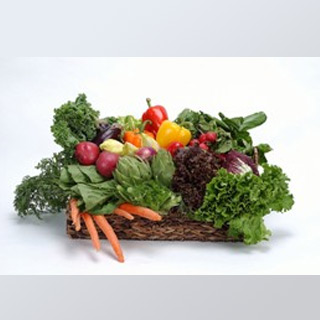
As per the statistics, on an average, childless couples consume 2kg more fruit and vegetables than families over a fortnight. The study was triggered on the uneven distribution of unhealthy diets in the population. While looking for regional variation in the demand for fruit and vegetables, it appeared that London and the South East has the highest demand. The lowest demand for fruit and vegetables was registered in Scotland and Northern Ireland. The investigation also highlighted the role of low incomes and socio-economic circumstances leading to poor dietary choices.
Professor Richard Tiffin, Director of the Centre for Food Security at the University, added, “There are clear distributional implications for dietary health that arise from these patterns of consumption and also for the health of children. They suggest that targeted interventions are necessary in order to reduce the incidence of diet-related health problems in the future.”
An unemployed individual was compared with an otherwise identical individual living in a household of two. The former claimed to have eaten around 3kg less fruit within two weeks. In a similar manner, for two identical households, a variation in income of 10 percent probably causes a difference in demand for fruit and vegetables by almost 500g. Households having a higher level of expenditure may include proportionate amounts of meat, fresh fruit and vegetables. Though homes in London and the South East have higher levels of fruit and vegetable consumption, it is presumably reduced due the presence of children.
